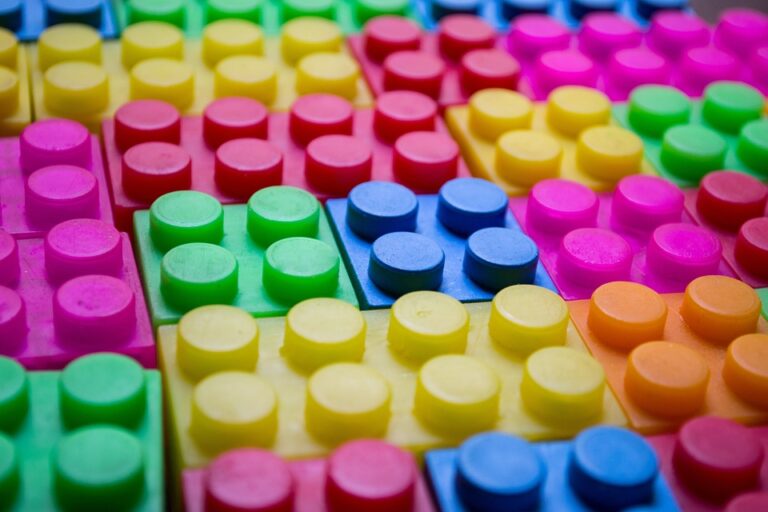
Solving the Puzzle of Learning: Educational Toys and Cognitive Skills
In today’s fast-paced world, parents are constantly seeking effective ways to enhance their child’s learning and cognitive development. Educational toys have emerged as a popular choice for many, providing a fun and engaging platform to stimulate young minds. These toys not only entertain children but also help develop critical cognitive skills necessary for their overall development. Let’s explore how educational toys can be the missing puzzle piece in a child’s learning journey.
The concept of educational toys is not new. For centuries, children have been using puzzles, building blocks, and other interactive tools to learn and explore. However, recent advancements in technology and materials have brought a whole new range of educational toys to the market, seamlessly blending fun and learning. These toys aim to improve a child’s cognitive skills, including problem-solving, critical thinking, creativity, and hand-eye coordination.
One of the key benefits of educational toys is their ability to engage children in hands-on learning experiences. Unlike traditional teaching methods, educational toys encourage active participation, where children are involved in problem-solving and decision-making processes. This not only makes learning enjoyable for the child but also helps them make connections, visualize concepts, and understand cause and effect relationships.
Puzzles, one of the most popular genres of educational toys, play a significant role in enhancing cognitive skills. The process of solving a puzzle requires children to analyze information, form strategies, and exercise critical thinking. It helps them improve their problem-solving abilities, logical reasoning, and spatial awareness. Additionally, puzzles can improve a child’s memory as they try to recall previously learned patterns or techniques, fostering cognitive growth.
Building toys, such as Lego blocks or magnetic tiles, provide children with the opportunity to explore their creativity and develop their fine motor skills. These toys allow young minds to design and construct various structures, encouraging them to think in a three-dimensional manner. Assembling different pieces also enhances hand-eye coordination and spatial awareness, skills that are essential in everyday tasks.
Educational toys can also be effective tools for developing language and communication skills. Board games and storytelling kits, for example, promote social interaction among children, encouraging them to communicate, express their thoughts, and listen to others. These activities improve vocabulary, conversation skills, and foster empathy and teamwork.
In a world increasingly influenced by technology, educational toys have also evolved to incorporate digital elements. Interactive toys, such as tablets or educational apps, can provide children with personalized learning experiences based on their individual needs and progress. They can adapt to a child’s level of understanding and provide real-time feedback to enhance learning outcomes. However, it is crucial to strike a balance and ensure that children still engage in hands-on and physical play to develop other skills that screen-based toys may not provide.
While educational toys have numerous benefits, it is essential to note that they alone cannot replace a well-rounded learning environment. Parental involvement and guidance play a pivotal role in maximizing the potential of these toys. Parents should provide opportunities for open-ended play, encourage imaginative thinking, and challenge children to think beyond the obvious solutions. By actively participating in their child’s playtime, parents can reinforce the concepts learned through the educational toys and extend their child’s learning experience.
In conclusion, educational toys are more than just playthings – they are learning tools that can positively impact a child’s cognitive skills. These toys engage children in hands-on learning experiences, develop problem-solving abilities, enhance creativity, and foster critical thinking skills. As parents seek effective ways to enrich their child’s learning journey, educational toys can be a valuable puzzle piece in unlocking their full potential.
Younger Glowing Skin - Discover Ancient Ayurvedic Secrets at DoctorIndiaHerbals.com
Explore One of the Largest Collections of Dinosaur-Themed Toys, Games, Gifts, Decor, and More at DinoAvenue.com
Discover Premium Design Elevator Shoes for Men and Women at LondonCobblers.com
Discover Hidden Family Destinations for Vacations at Places.Travelz.io
Find the Best Deals on Airfare and Hotels with Advanced Metasearch Technology at www.Travelz.io
30% off on Kids items
STEM science experiments for Kids
Premium Science Toys and experiments